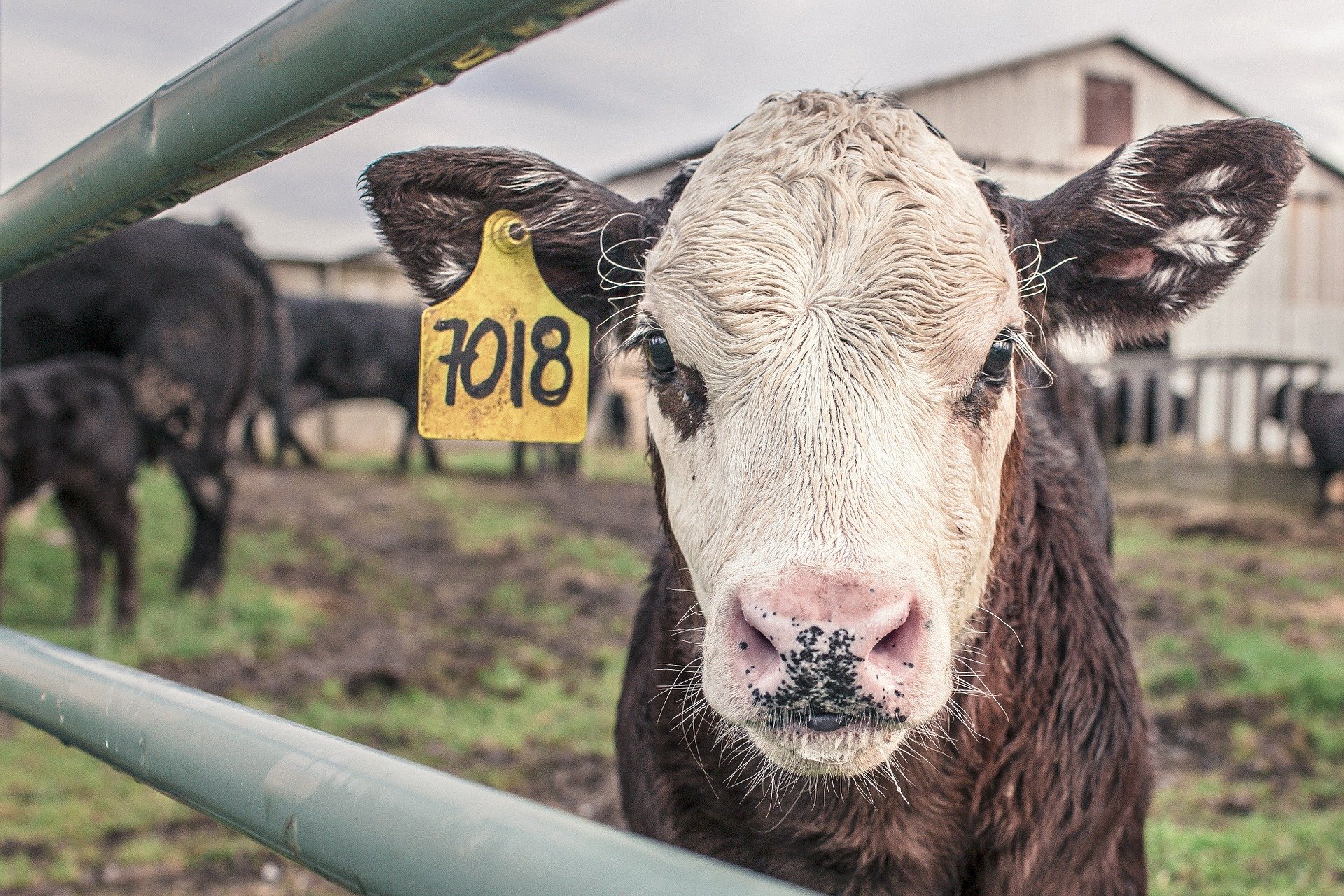Agricultural company benefits from a biogas plant, Kazakhstan

Investor
An agricultural company

Location
Kazakhstan

Investment
Biogas plant and CHP with a capacity of 375 kWh

Investment Size
$2.1 million

Financial results
Payback period of 3.8 years; annual cost savings of $615,000

Energy savings
6,470 MWh per year

CO2 savings
3,000 tonnes of CO2 per year

Impact
Decreased waste

Donor
Germany, Japan, Norway, UK

The client is a large agricultural company in Kazakhstan, growing crops on over 2,000 hectares, owning four cattle farms, two elevators and other production assets. With over 3,000employees, the company is a leading job provider and economic contributor in the country.
The company decided to decrease its energy consumption by making use of its production waste – cattle manure, litter and slaughterhouse waste – to generate renewable energy for its own needs. KazSEFF was contacted for affordable financing and an advisory package.
The KazSEFF team performed the project analysis, assessed the potential for energy savings, financial-technical parameters and risks.
The project included installation of a biogas unit and a CHP with a capacity of 375 kWh.
The $2.1 million investment allowed the company to achieve annual savings of $615,000. This means the investment will be repaid out of savings in less than four years. In the subsequent years, the cash-flow will contribute to company revenue. The savings arise due to the generation of renewable energy and replacement of 6,470 MWh of heat and power from the grid. The investment also resolved the issue of waste disposal, resulting in a positive environmental impact, and reduced the costs for fertilisers. Last, but not least, CO2 emissions were reduced by 3,000 tonnes per year.
This project is an example of the wise use of resources and ways to increase the company’s competitiveness. The agricultural sector provides plenty of opportunities for renewable energy generation.
The EBRD supports implementation of such sustainable energy projects by the private sector through KazSEFF. Together, the private, residential and public sectors can make a change in energy consumption patterns and contribute to environmental protection.
This project was supported by UK EBRD Sustainable Energy Fund, the Japan-Europe Cooperation Fund, the Norwegian Ministry of Foreign Affairs, and the German Ministry for Environment.



